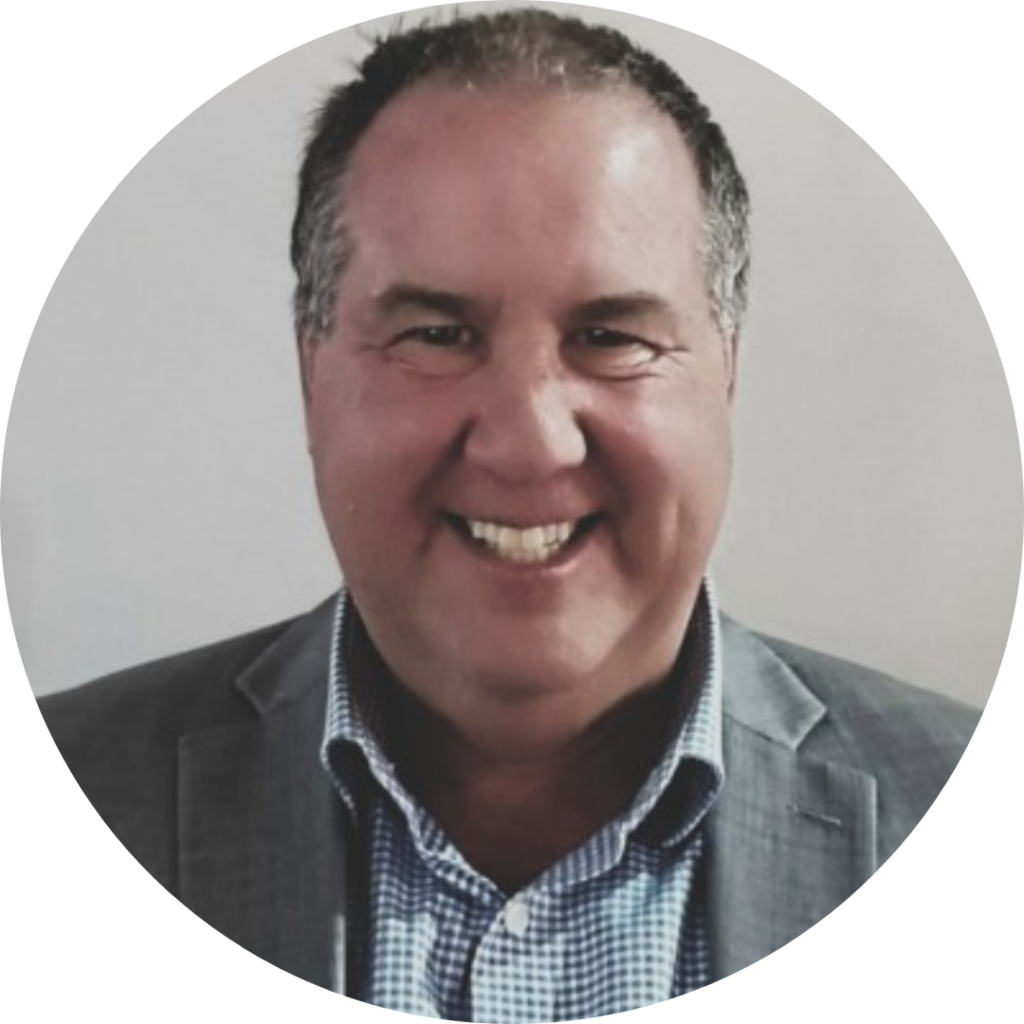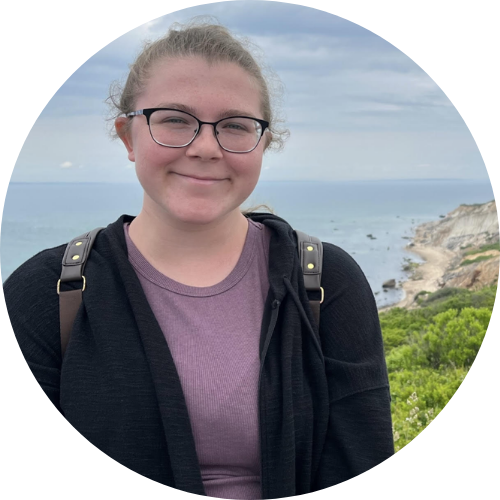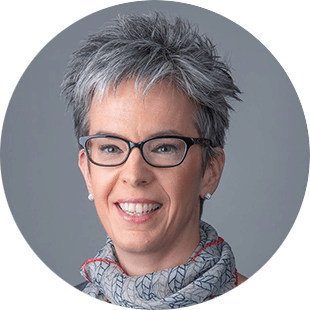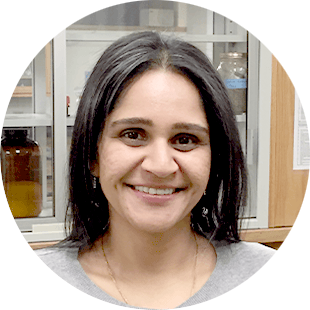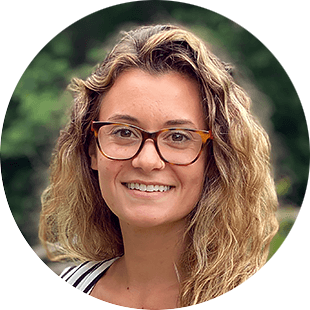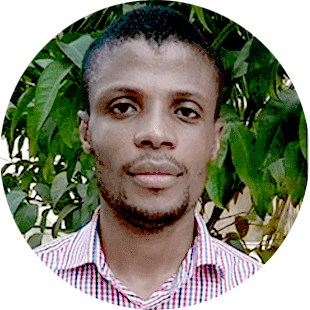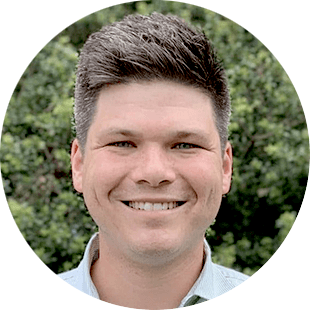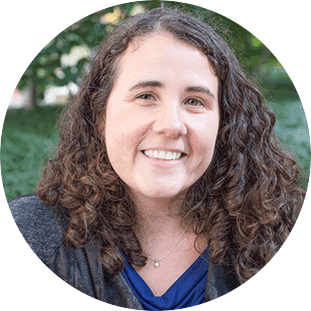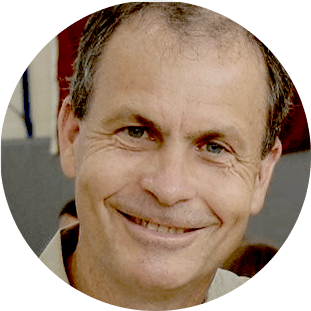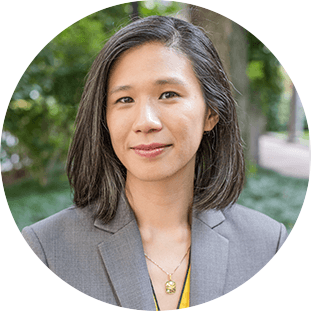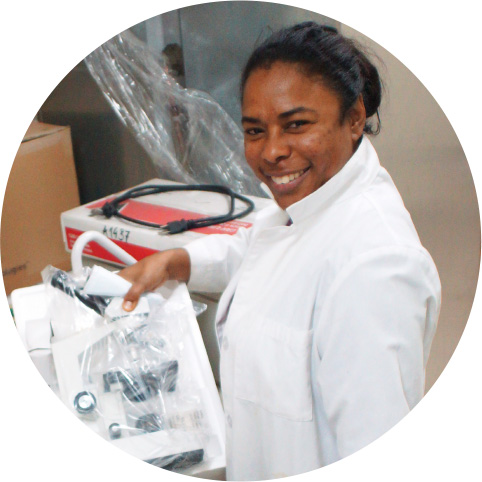
Information for applicants
Through Instrumental Access, Seeding Labs connects universities and research institutes in low- and middle-income countries with high-quality laboratory equipment.
Quick Links
How the program works
Seeding Labs Accepts Equipment Donations
Throughout the year, Seeding Labs solicits donations of surplus laboratory equipment and supplies from our network of 200+ equipment donors. These donors include equipment manufacturers, pharmaceutical companies, and many other types of organizations. Donations are received, inventoried, checked for quality, and stored at our warehouse near Boston, Massachusetts in the United States.
Awardees Choose Their Equipment
After they are accepted to the program, Instrumental Access awardees have an opportunity to “shop” in our available inventory during a specific 3-week period to choose the items that will comprise their shipment. Awardees use our online shopping portal to select enough equipment to fill a small (20-foot) shipping container.
Awardees contribute financially to offset program costs
Awardees pay a fee that helps to offset a portion of the program’s operating costs. We invoice for the service fee at the beginning of the shopping period, with payment due when we have agreed on the contents of the shipment.
We collaborate on shipment logistics
Just before and during the shopping period, we work closely with awardees to ensure that the shipment paperwork is in order and that we’ve provided all the information they need to navigate their country’s customs and import regulations.
Seeding Labs arranges international freight
As soon as we receive the program fee, we pack the items into a container and ship them (at our expense) to the nearest ocean port to in the awardee’s institution.
Awardees use the equipment for teaching and research
Upon arrival at the port, awardees are responsible for clearing the container through customs and arranging for ground transportation from the port to their campus. After that, it’s up to the awardee to use and maintain the equipment.
Benefits of an Instrumental Access award
Equipment and supplies
A typical Instrumental Access shipment consists of 100-150 individual items of equipment, glassware, and consumables that have been selected by our awardees to meet their specific needs for teaching and research.
What’s the value of a typical shipment? This is a complicated question for a number of reasons: the contents of every shipment are unique and highly variable; there’s no generally accepted standard for valuation of used laboratory equipment; and prices/availability vary widely depending on where you are in the world. For reference, however, the average replacement value of our shipments has historically been in the range of $300,000-$400,000 (USD).
For more information about our inventory, see below.
Membership in our global network
New awardees join a vibrant and growing global community of awardees and supporters.
Access to additional opportunities and resources
We partner with external organizations to offer exclusive benefits and opportunities to our awardees on an ongoing basis. In the past, these opportunities have included access to plasmids, manuscript editing services, e-learning opportunities, and more.
We also do everything in our power to highlight the accomplishments of our awardees, including generating media attention if desired. We have worked with reporters to feature the work of our awardees in international media outlets such as Nature, The Boston Globe, USAID Frontlines, Forbes, and SciDevNet.com.
What is required of awardees?
Program fee
Participation in Instrumental Access is economical, but it is not free. Awardees pay a fee that helps to offset a portion of our procurement, logistics, insurance, transportation, and administrative costs.
Please note that this is a service fee; you are not purchasing the equipment from Seeding Labs. The equipment is a donation for education and research purposes.
The program fee is based on the income level of the applicant’s country:
Afghanistan, Algeria, Angola, Bangladesh, Belize, Benin, Bhutan, Bolivia, Burkina Faso, Burundi, Cabo Verde, Cambodia, Cameroon, Central African Republic, Chad, Côte d’Ivoire, Democratic Republic of Congo, Djibouti, Egypt, El Salvador, Eritrea, Eswatini, Ethiopia, Gambia, Ghana, Guinea-Bissau, Haiti, Honduras, India, Indonesia, Kenya, Kiribati, Kyrgyz Republic, Lao PDR, Lesotho, Liberia, Madagascar, Malawi, Mali, Micronesia, Mongolia, Morocco, Mozambique, Mauritania, Myanmar, Nepal, Nicaragua, Niger, Nigeria, Pakistan, Papua New Guinea, Philippines, Republic of the Congo, Rwanda, Samoa, São Tomé and Principe, Senegal, Sierra Leone, Solomon Islands, Somalia, Sudan, South Sudan, Sri Lanka, Tajikistan, Tanzania, Timor-Leste, Togo, Tunisia, Uganda, Ukraine, Uzbekistan, Vietnam, West Bank and Gaza, Yemen, Zambia, Zimbabwe
Last updated 7 November 2024
Albania, American Samoa, Antigua and Barbuda, Argentina, Armenia, Azerbaijan, Belarus, Bosnia and Herzegovina, Botswana, Brazil, Bulgaria, Chile, China, Colombia, Costa Rica, Dominica, Dominican Republic, Ecuador, Equatorial Guinea, Fiji, Gabon, Georgia, Grenada, Guatemala, Guyana, Jamaica, Jordan, Kazakhstan, Kosovo, Lebanon, Libya, Malaysia, Maldives, Marshall Islands, Mauritius, Mexico, Moldova, Montenegro, Namibia, North Macedonia, Panama, Paraguay, Peru, Poland, Romania, Serbia, Seychelles, South Africa, St. Kitts and Nevis, St. Lucia, St. Vincent and the Grenadines, Suriname, Thailand, Tonga, Trinidad and Tobago, Turkey, Turkmenistan, Tuvalu, Uruguay
Last updated 7 November 2024
Program fee payment must be made in US dollars via direct wire transfer. In rare cases where national law prohibits payment to the United States via direct wire transfer, we will consider other arrangements.
Payment is due after equipment selection is complete, so you will know the contents of your shipment before you pay the fee.
If you intend to raise funds from external sources, or if there are other unusual circumstances that apply to your situation, please contact us to discuss. Please note, however, that the program fee cannot be waived.
Other monetary costs
In addition to the program fee, awardees should budget for other costs associated with participation. They include:
- Any costs associated with customs clearance in your country. At a minimum, this usually includes hiring an agent to handle to customs clearance process. Any costs associated with cargo inspections required by your government will be your responsibility, as will any applicable taxes or duties.
- Local transportation of the container from the port of entry (an ocean port) to your campus.
- Electrical power conversion if required. Many items in our inventory are configured specifically for the US electrical power grid (120V/60Hz). In most other regions of the world, these items will require voltage transformers, plug adapters, and sometimes frequency converters.
- All costs associated with installation, calibration, maintenance, repair, and use of the equipment.
- Any additional costs associated with selected items that are not included in the donation. Common examples include accessories, rotors, pumps, columns, software, and reagents. Information about what is included will be available to you at the time of selection so that you can decide for yourself whether you want to take on these costs.
- All wire fees, banking fees, or other costs associated with payment of the program fee in US dollars.
Time and effort
Participation in Instrumental Access requires a substantial time commitment on the part of both the awarded department and the institution as a whole.
The individual who serves as primary contact can expect to devote several hours per week to coordination during the most active phases of shipment preparation, such as the equipment selection period, and for required communication and reporting to Seeding Labs.
In addition, it is typical for a number of other offices and individuals from the awarded institution to be involved in different aspects of the collaboration, including procurement, finance, legal, public relations, and senior leadership.
Our donation process can require considerable flexibility and patience on the part of everyone involved.
Who is eligible to apply?
- Institution type: Applicants must be one of three types of institutions:
- Colleges, universities, polytecnics, or other degree-granting institutions of tertiary education
- University-affiliated research institutes
- Public research institutes that are actively engaged in research training
For colleges or universities, we typically partner with a single academic department, as this is the scale at which the program is designed to meet equipment needs.
However, we will consider working with other sub-units (such as a school or college, two collaborating departments, or a central lab facility) on a case-by-case basis. Please contact us to discuss your situation.
Individuals, lab groups, and research projects are not eligible to apply on their own.
Hospitals, clinics, primary and secondary schools, for-profit companies, and NGOs not of the types listed above are not eligible.
- Geography: Applicant institutions must be located in an eligible country.
Afghanistan, Algeria, Angola, Bangladesh, Belize, Benin, Bhutan, Bolivia, Burkina Faso, Burundi, Cabo Verde, Cambodia, Cameroon, Central African Republic, Chad, Côte d’Ivoire, Democratic Republic of Congo, Djibouti, Egypt, El Salvador, Eritrea, Eswatini, Ethiopia, Gambia, Ghana, Guinea-Bissau, Haiti, Honduras, India, Indonesia, Kenya, Kiribati, Kyrgyz Republic, Lao PDR, Lesotho, Liberia, Madagascar, Malawi, Mali, Micronesia, Mongolia, Morocco, Mozambique, Mauritania, Myanmar, Nepal, Nicaragua, Niger, Nigeria, Pakistan, Papua New Guinea, Philippines, Republic of the Congo, Rwanda, Samoa, São Tomé and Principe, Senegal, Sierra Leone, Solomon Islands, Somalia, Sudan, South Sudan, Sri Lanka, Tajikistan, Tanzania, Timor-Leste, Togo, Tunisia, Uganda, Ukraine, Uzbekistan, Vietnam, West Bank and Gaza, Yemen, Zambia, Zimbabwe
Last updated 7 November 2024
Albania, American Samoa, Antigua and Barbuda, Argentina, Armenia, Azerbaijan, Belarus, Bosnia and Herzegovina, Botswana, Brazil, Bulgaria, Chile, China, Colombia, Costa Rica, Dominica, Dominican Republic, Ecuador, Equatorial Guinea, Fiji, Gabon, Georgia, Grenada, Guatemala, Guyana, Jamaica, Jordan, Kazakhstan, Kosovo, Lebanon, Libya, Malaysia, Maldives, Marshall Islands, Mauritius, Mexico, Moldova, Montenegro, Namibia, North Macedonia, Panama, Paraguay, Peru, Poland, Romania, Serbia, Seychelles, South Africa, St. Kitts and Nevis, St. Lucia, St. Vincent and the Grenadines, Suriname, Thailand, Tonga, Trinidad and Tobago, Turkey, Turkmenistan, Tuvalu, Uruguay
Last updated 7 November 2024
- Equipment needs: Applicants should have needs for a broad and diverse set of equipment and supplies in our inventory (for more information, please see About Our Inventory below). We are typically a good fit for departments of biology, chemistry, and closely related applied fields such as biomedical sciences, agricultural sciences, environmental sciences, and biological or chemical engineering. We do not generally have appropriate equipment for physics, computer science, mathematics, business, social sciences, or mechanical/civil/electrical engineering. In addition, we will probably not be a good fit if your institution is primarily looking for just one or two very specific items, .
- Ability to meet program requirements: Applicants must be able and willing to meet all program requirements, including ability to pay the program fee. For more on program requirements, see the previous section. If you have any questions about eligibility or would like to discuss your situation in more detail, you are strongly encouraged to contact us.
About our inventory
What types of items can be found in the Seeding Labs inventory?
Our inventory consists of new and gently-used surplus equipment provided by our equipment donors. We accept instruments, glassware, and consumables that are commonly used in biology and chemistry labs.
We do not solicit and rarely or never accept:
- Equipment specialized for field or agricultural research
- Clinical/medical equipment and supplies
- Industrial scale or high-throughput equipment
- Equipment specialized for physics or engineering (except chemical and biological)
- Computers, audiovisual equipment, vehicles, furniture, and office supplies
- Reagents and chemicals
You can review our target list for equipment donors here.
Please note, however, that there are many categories of items that we actively seek but do not receive in sufficient quantity to meet demand from our awardees.
What will be available when it’s your turn to select?
The truth is that we can’t say exactly. We always have a wide variety of equipment and supplies available, but our inventory changes as new donations come in and other shipments are fulfilled.
What we have on hand today is not what we’ll have next week, let alone next year. For this reason, we can’t provide you with a list of what will be available until it’s your turn to select. In addition, and importantly, we can’t guarantee the availability of any specific item, make, or model.
We provide excellent return on investment, but we’re only a good fit for groups with needs that are broad and flexible enough to take advantage of what we can offer.
What is the condition of the equipment?
Since most of our inventory is gently used, quality control is particularly important. We have multiple processes in place to ensure the quality of equipment in our inventory.
First, we work closely with our donors to ensure quality. We do not accept an item unless the donor can ensure us that it is fully functional at the time of donation. We do not accept items that are partially-functional or in need of repairs.
Second, for items that require specialized reagents, software, or advanced technical support, we check with the manufacturer to verify that the item is not obsolete—meaning that it is still supported by the manufacturer.
We do not usually accept obsolete items, although we do make a handful of exceptions for items that are in high demand despite being obsolete.
Third, we perform functional testing as feasible when the items are received. We have a testing protocol for every category of equipment that we accept.
However, our testing is currently limited to what can be accomplished in a warehouse setting. We do not have access to 240v power lines, water, gas, reagents, samples, standards, software, or skilled technicians.
What this means in practice is that the more complex an item is, the less likely it is that we’ll be able to test it fully. For many of the most sophisticated analytical instruments in our inventory, we have to rely primarily on a visual inspection.
Our goal is for every item we ship to be fully functional and ready to use, and we’re always looking for ways to improve our quality control processes. However, the reality is that we aren’t perfect. It’s normal for there to be issues with a few items from every shipment, and awardees should anticipate this.
Because we are not a manufacturer, we are unable to offer refunds, replacements, or other warranties. Awardees accept their equipment as is.
Application and review process
- Submit a written application
Written applications will be reviewed for eligibility, completeness, and fit for the program. We are looking for awardees who can meet all program requirements and are poised to make good use of what we can provide: a container full of laboratory equipment and supplies to be selected from our inventory. - Introductory conversation with Seeding Labs
Following application review, top-scoring applicants will be invited to speak with us about their objectives, existing infrastructure and expertise, and equipment needs. - Accept a program slot
Program slots, or specific time periods for equipment selection and subsequent payment of the program fee, will be offered to qualified candidates as they become available, typically with a 3-6 month time lag. - Sign letter of agreement
New awardees and Seeding Labs sign a detailed Letter of Agreement that describes the relationship and spells out the roles and responsibilities of both parties in detail. This document must be signed by an official who is authorized to enter into agreements on behalf of the entire institution, typically the Vice Chancellor or equivalent.
